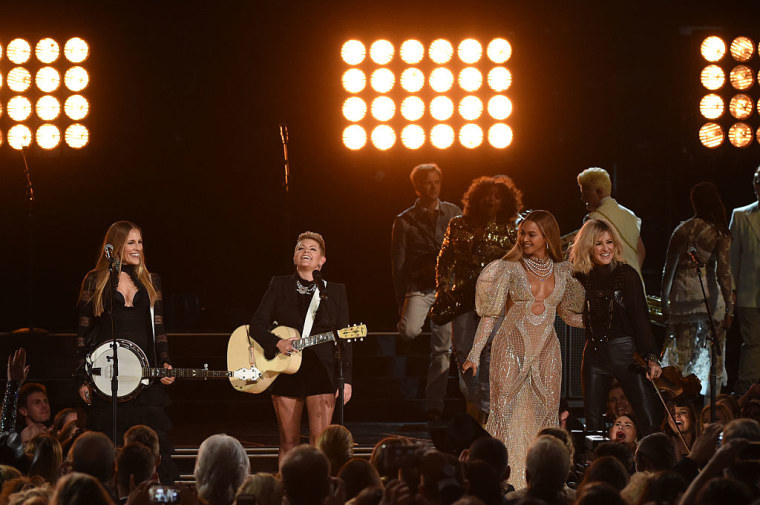Race, Taste, & Space

“Such a process of cultural legitimation functions to newly align certain kinds of media with certain kinds of audiences” (Ouellette & Gray 190).
In the “Taste” chapter, Ouellette and Gray discuss the history of taste as it relates to culture, as well as how taste is reflected in modern day media and entertainment. In the quote above, it seems as if they are saying that taste and culture have become forces that constitute the permission of specific people to engage with specific forms of media and entertainment. Audiences expect to see what they have deemed “acceptable” forms of media carried out and when they are not carried out in the way they expect, the media is not considered “legitimate.”
Keith Negus talks about this through his discussion of “genre cultures” and the limitations of genre labels for music artists in Music Genres and Corporate Cultures. As he tells of his experiences as an aspiring musician, he discusses how fans of his band and other people “would have their opinions about the category to which [they] might belong” (Negus 4). In the music industry, artists are typically forced to remain within one genre of music. When they make music outside of their typical genre, they may receive backlash from their record label, critics, and even fans. Specifically for Black music artists, it is hard to make music outside of their “typical” genres and many times leads to much criticism.
When reading the Ouellette & Gray chapter and the Negus reading, I thought about the backlash Beyoncé received when performing her country song “Daddy Lessons” from her critically-acclaimed album Lemonade at the 2016 Country Music Awards with the famous band the Dixie Chicks. Due to the backlash, the CMAs removed the performance from the website. While some people believe she received backlash because she is a Pop/R&B singer who performed at a Country awards show, others believe that it mostly had to do with her being a Black woman in an almost all-white setting. Regardless, the backlash that occurred can be tied to the concept of “taste,” as it suggests the point I made at the beginning of the post. Due to Beyoncé’s position in music and media as a Black woman and as a Pop/R&B singer, her presence and performance at the awards show was not seen as legitimate or acceptable because of the taste and “culture” of the audience.
I decided to use a picture from her performance as well as an audio clip from the newsmagazine Inside Edition’s Youtube Channel. In the audio clip, the host discusses the backlash from social media as well as the removal of the performance from the CMA site. I felt these gave a good summary of what I discussed in my post, as well as suggested the prevalence of taste and music genre limitation discussed in the Ouellette and Gray and Negus readings.